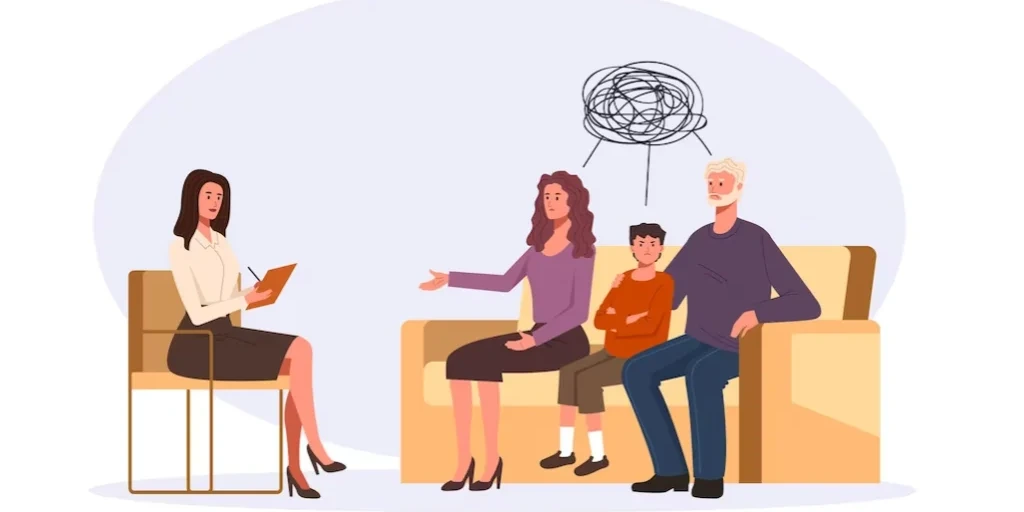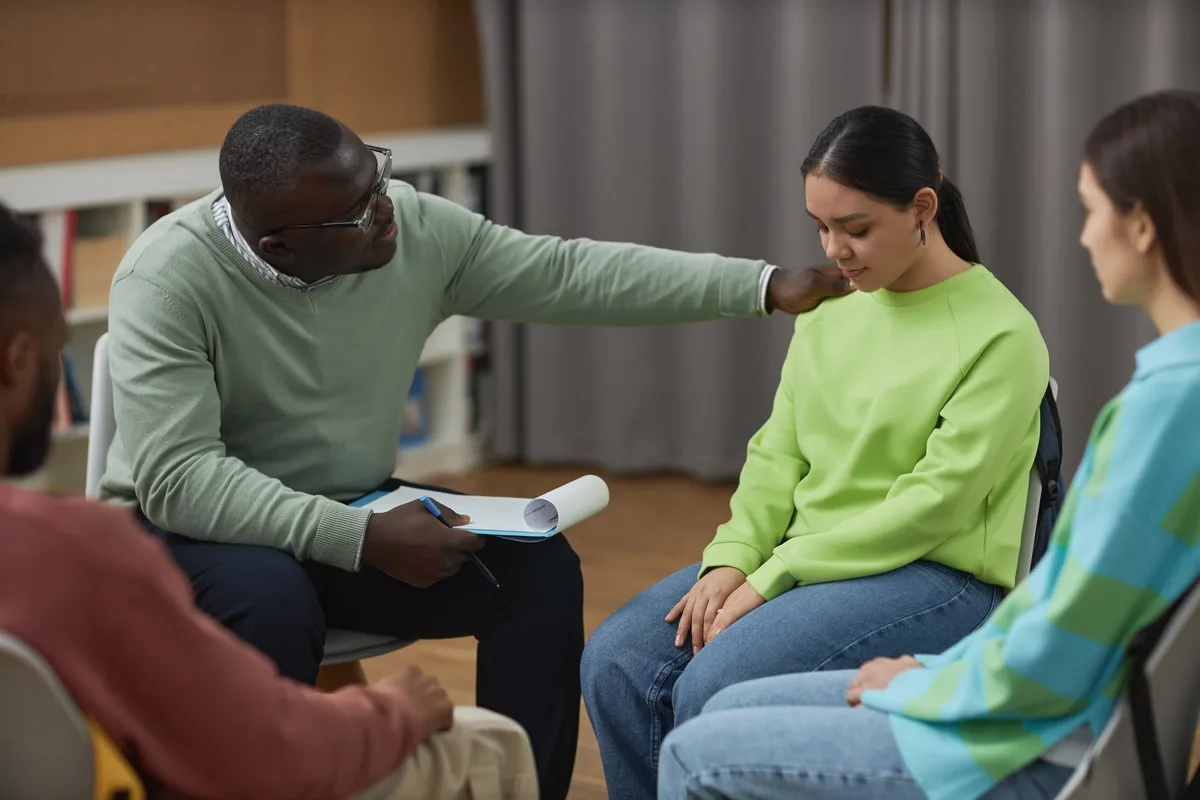24/7 Helpline:
(866) 899-111424/7 Helpline:
(866) 899-1114
Learn more about Intervention Services centers in McClain County
Intervention Services in Other Counties

Other Insurance Options

CareSource

ComPsych

WellPoint
Beacon

Magellan Health

Kaiser Permanente

Evernorth

WellCare Health Plans

BlueShield

Access to Recovery (ATR) Voucher

Coventry Health Care

UMR

Molina Healthcare

Optima

Aetna

Sliding scale payment assistance

Covered California

Anthem

Group Health Incorporated

AllWell
































































































